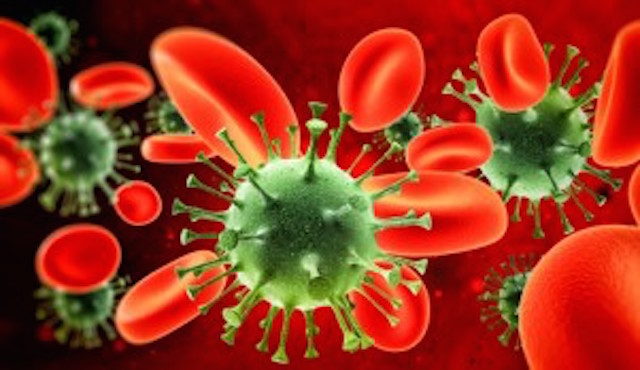Top 4 essential dietary steps to reduce your cancer risk
Eating organic foods is key to optimal health.
According to the American Cancer Society, “About 1,660,290 new cancer cases are expected to be diagnosed in 2013, and in 2013 about 580,350 Americans are projected to die of cancer, almost 1,600 people a day.”
This is alarming to say the least.
In the United States, cancer is the second most common cause of death, just behind heart disease.
Take charge of your body and control what you eat.
Eating the right foods may reduce cancer risk.
Let’s take a look at the top 4 essential dietary steps to reduce your cancer risk
1. Eat more dietary fiber:
Organic foods with dietary fiber are very important for digestive health, as they reduce constipation and clean the gut. Because they clean the gut, they move toxic substances out of the intestines that may potentially cause colon cancer. Many studies have shown a link between dietary fiber intake and colorectal cancer risk, including one published in the Journal of the National Cancer Institute.
Some healthy high fiber organic foods are Swiss chard, spinach, asparagus, broccoli, legumes, nuts, apples, and bananas.
2. Add raw vegetables and fruits in your diet:
They can help decrease your cancer risk.
Fruits and vegetables are packed with antioxidants, which are known to provide anti-inflammatory benefits and help reduce the effects of oxidative stress. Organic foods with antioxidants are key to reducing cancer risk.
(Read our article on the top 10 cancer fighting foods for more information about the organic foods you should include in your diet).
3. Reduce meat consumption:
Many studies have shown an increased risk in people who are meat eaters versus those who eat an organic plant-based diet.
Organic vegetables have many more essential nutrients for preventing cancer and they also have less fat than meat.
Cooked meat can contain carcinogenic compounds, which are compounds that can cause cancer.
Studies have linked meat consumption to many types of cancers including breast cancer and colorectal cancer.
4. Start adding organic turmeric to your food:
It is truly a superstar spice. Organic turmeric is called the “Indian solid gold” because of its many health benefits.
Curcumin, the active ingredient in turmeric has potent anti-inflammatory properties. Chronic inflammation is considered a major risk factor for cancer.
A study conducted by the Virginia Commonwealth University Massey Cancer Center (VCU) found that organic turmeric, when combined with the anti-nausea drug thalidomide was able to kill multiple myeloma cells.
Note: None of the information in our website is intended to diagnose, treat, cure or prevent any illness or disease. The content on our website is for educational purposes only.
DON’T FORGET to sign up for our weekly newsletter to get our latest articles, updates, free recipes and giveaways.
New study shows turmeric kills multiple myeloma cells.
For 18 tips to help prevent breast cancer.
Fight breast cancer with curcumin and omega-3s.
For a breast cancer prevention juice.
REFERENCES:
1. “High-fiber Foods: MedlinePlus Medical Encyclopedia.” MedlinePlus. U.S. National Library of Medicine, n.d. Web. 16 June 2014.
2. “Dietary Fiber and Colorectal Cancer Risk: A Nested Case-control Study Using Food Diaries.” National Center for Biotechnology Information. Journal of the National Cancer Institute, 5 May 2010. Web. 16 June 2014.
3. “Meat Consumption and Cancer Risk.” PCRM.org. Physicians Committee for Responsible Medicine, n.d. Web. 16 June 2014.
4. “Intake of Fat, Meat, and Fiber in Relation to Risk of Colon Cancer in Men.” National Center for Biotechnology Information. Cancer Research, May 1994. Web. 16 June 2014.
5. “International Comparisons of Mortality Rates for Cancer of the Breast, Ovary, Prostate, and Colon, and per Capita Food Consumption.” National Center for Biotechnology Information. Cancer, 1 Dec. 1986. Web. 16 June 2014.
6. “Cancer Facts & Figures 2013.” American Cancer Society. American Cancer Society, n.d. Web. 16 June 2014.
7. “Design and Biological Characterization of Hybrid Compounds of Curcumin and Thalidomide for Multiple Myeloma.” Royal Society of Chemistry. Organic & Biomolecular Chemistry, 11 June 2013. Web. 16 June 2014.

















